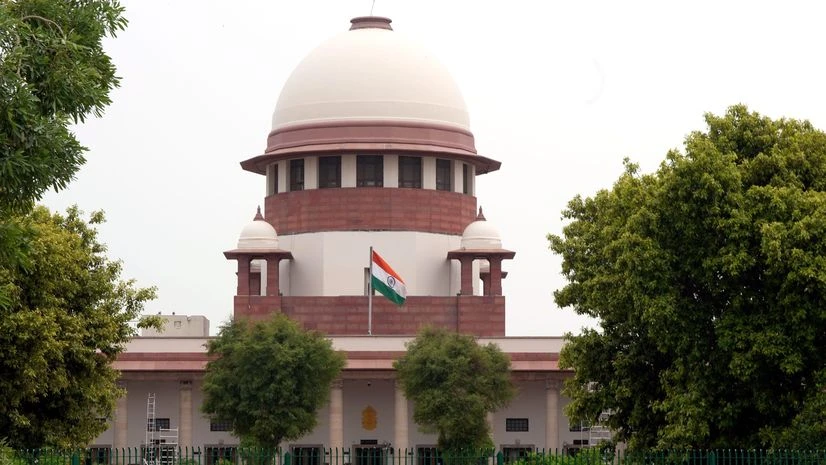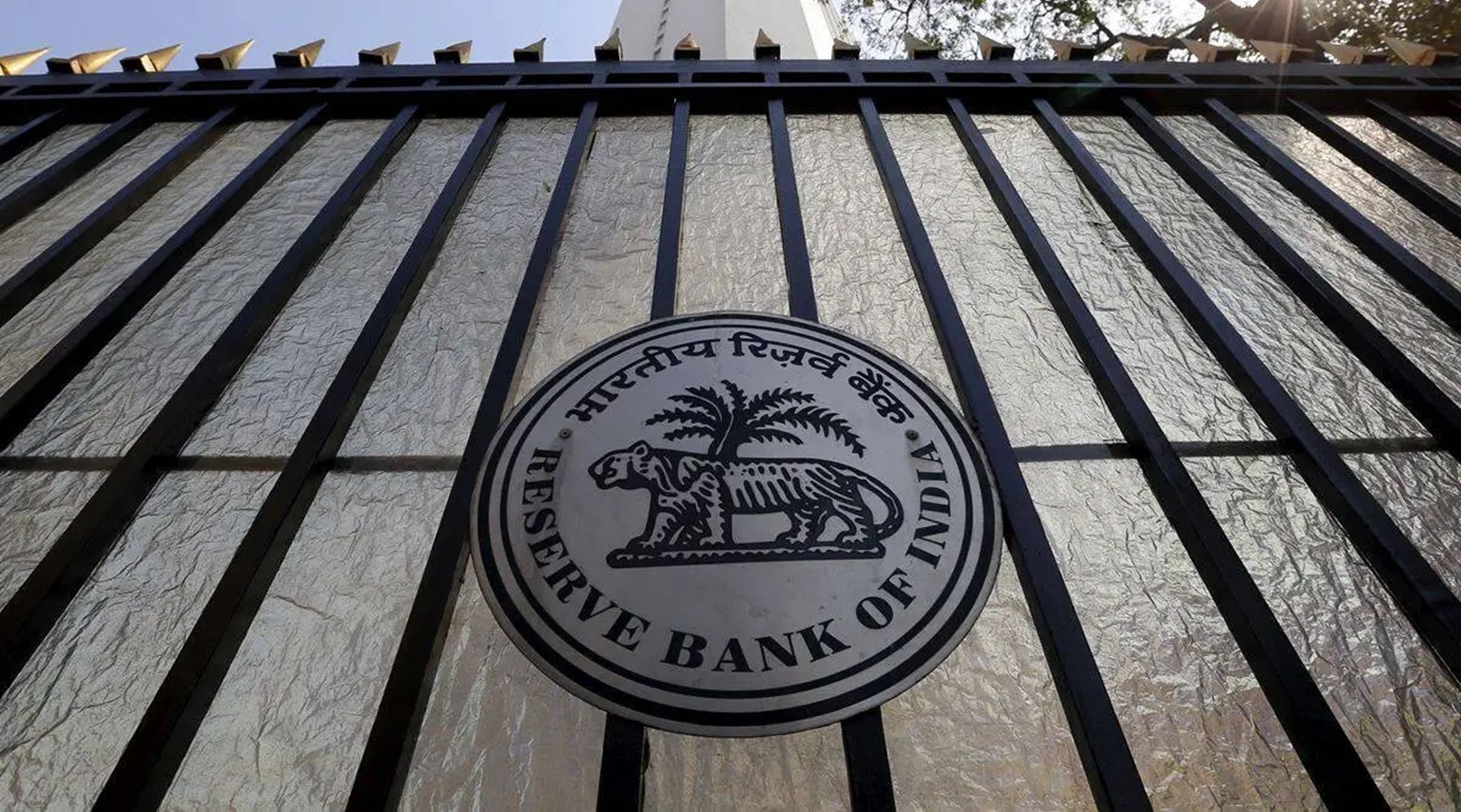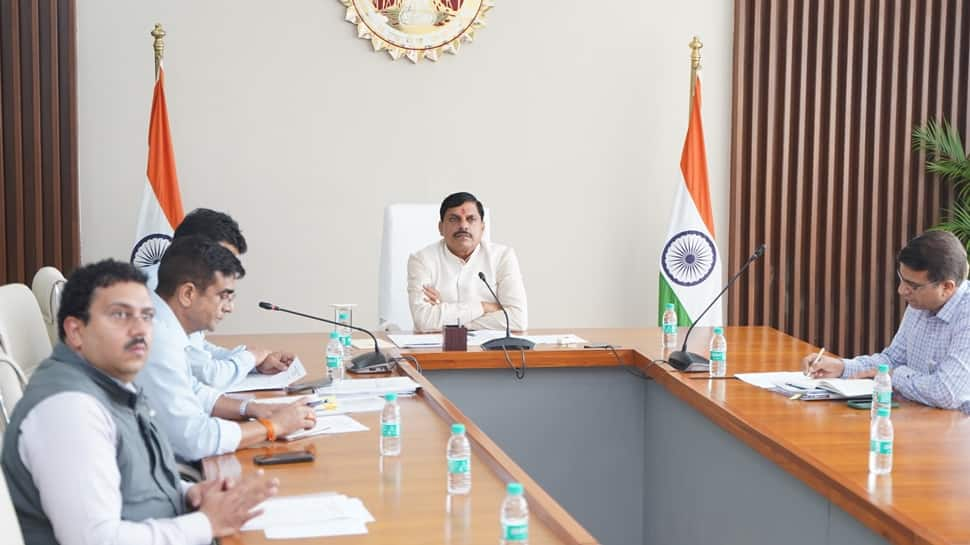SC reserves judgment on retroactive or prospective effect of mineral tax | India News

SC reserves judgment on retroactive or prospective effect of mineral tax | India News
)
New Delhi: A view of the Supreme Court (SC) of India, in New Delhi, Friday, July 12, 2024. SC on Friday granted interim bail to Kejriwal in a money laundering case linked to the alleged excise policy scam. (Photo: PTI)
After the nine-judge bench of the Supreme Court gave its ruling on July 25 upholding the power of States to tax mineral rights and mineral-bearing lands, another question stumped the court on Wednesday: whether the ruling should have a retrospective effect or prospective effect.
The apex court has reserved its judgment on this question.
Solicitor General Tushar Mehta, appearing for the Centre, told the court it needs to clarify that the judgment will not enable recoveries for the period before the date of pronouncement, that is, retrospectively.
Allowing retrospective demands by States would have a cascading effect on prices and ultimately the common man would bear the brunt, as almost all industries are dependent on minerals, he said.
He also said that the parties who had participated in the auction for mining leases had formulated their bids as per the 2015 amendment to the Mines and Minerals (Development and Regulation) Act. Hence, the retrospective application of the judgment will affect many industries, including the public sector undertakings (PSUs), and will result in the filing of several cases.
On the other hand, Senior Advocate Harish Salve, appearing for Mahanadi Coalfields, said the demand levied retrospectively would exceed the net worth of many companies and if they are allowed, several of them would be pushed to bankruptcy.
Meanwhile, Advocate General of Odisha Pritambar Acharya found himself in the ‘middle’ of the dilemma when the court asked him whether the judgment should apply retrospectively or not. He gave an evasive answer, after which the court remarked, “Don’t pass your dilemma to the bench,” with the Chief Justice of India (CJI) even joking that he was standing at the centre of the court.
Siding with the effect of making the judgment retrospective, Senior Advocate Rakesh Dwivedi, appearing for the Jharkhand State, said the judgment should apply retrospectively as applying it prospectively will mean laws enacted by the States before July 25 with regard to mineral taxes would be ineffective. He suggested the past arrears could be paid in instalments.
Weighing in on the issue, S.R. Patnaik, Partner (Head – Taxation), Cyril Amarchand Mangaldas, said the prospective approach would be less disruptive and would help maintain stability within the affected industries. “If the judgment is applied retrospectively, it could impose severe financial repercussions on mining industries as bid rates and operational expenses would have to be calculated according to the rates existing at that time, which could lead to a slew of new litigations. The financial demands from the retrospective levies might exceed the net worth of many companies, pushing them towards bankruptcy,” he said.
“Conversely, if the judgment is applied prospectively, it would allow businesses to adjust to the new tax implications moving forward without having to budget for past liabilities,” he added.
Certain States are advocating for the retrospective application of the judgment primarily to bolster their revenue collections, he said.
Talking about the States in the eastern belt that are mineral-rich, like Odisha and Jharkhand, he said they would be impacted more significantly compared to some of the other not-so-mineral-rich States. “In the case of prospective applications, the industry would breathe easy while the States could get adversely impacted since the laws that were enacted in the 1990s would be deemed as non-operational. However, it will not have any impact on industries that have been discharging their royalty payments as they would remain unimpacted,” he said.
The nine-judge bench had in an 8:1 ruling on July 25 held that States have the power to levy cess on mining and mineral-use activities and that the royalty paid by mining operators to the Central government is not a tax.
This verdict helped boost the revenues of mineral-bearing States, mostly in eastern India. Industry, on the other hand, is seeking more clarity on the effective date of cess calculation, and if there will be any double taxation by States and the Centre.
The judgment that resolved an over three-decade-old issue was delivered by the Bench comprising Chief Justice of India (CJI) D.Y. Chandrachud, Justices Hrishikesh Roy, Abhay S. Oka, B.V. Nagarathna, J.B. Pardiwala, Manoj Misra, Ujjal Bhuyan, Satish Chandra Sharma, and Augustine George Masih. Justice Nagarathna, in her dissenting verdict, said royalty is in the nature of a tax or an exaction.
First Published: Jul 31 2024 | 8:21 PM IST




